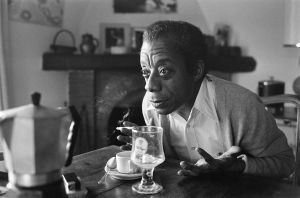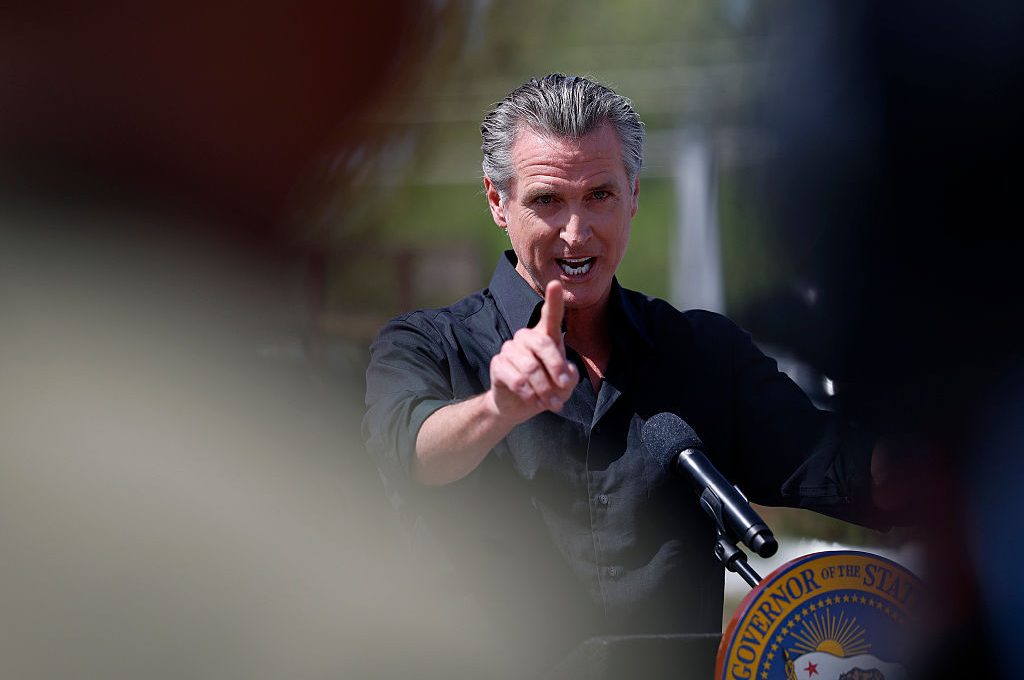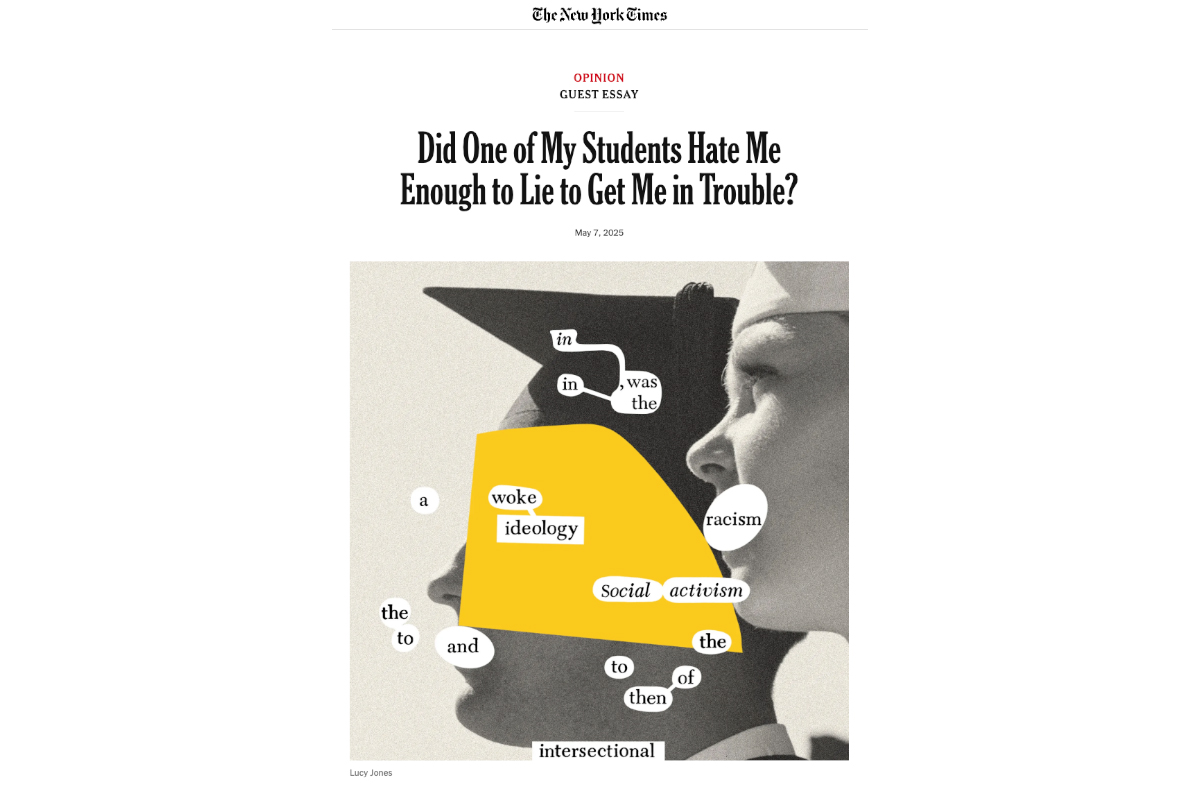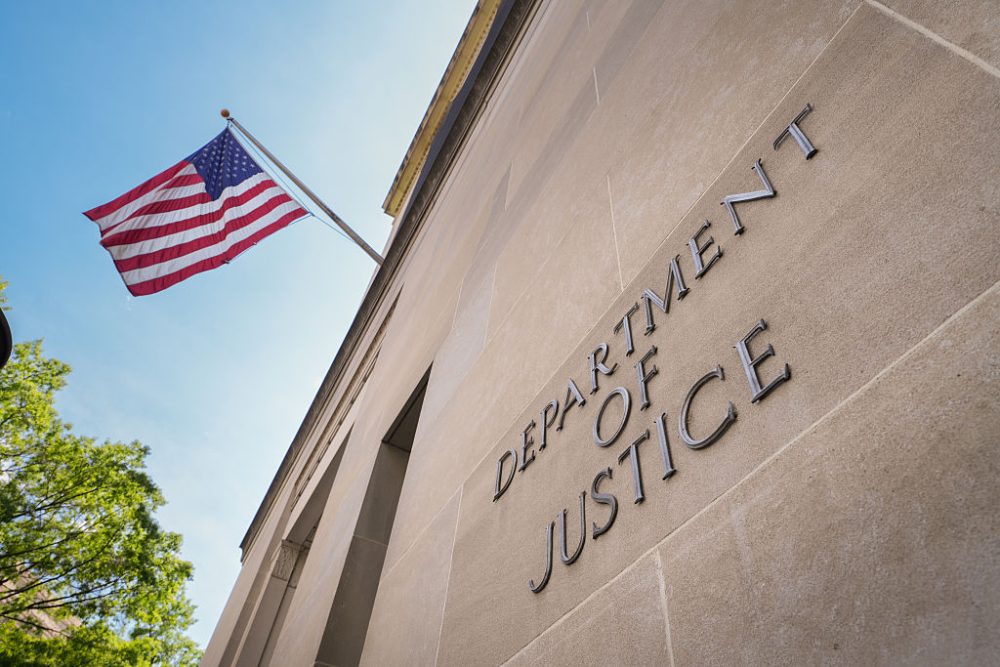Since 2012 I have publicly identified as Wrongskin. To those ignorant of the term, this means I was born white but I identify as black. I’d kept my race dysphoria a secret for many years but it had become increasingly difficult to hide. Being the transcendental trailblazer I am, I decided to come out and challenge the bigotry of cisrace people. Predictably enough at the time, it was regarded as nonsensical and I was strongly ridiculed. Today however, transracial individuals are finally being ‘seen’.According to the UK’s Telegraph, the Universities and Colleges Union (a British trade union in further and higher education) have stated that regardless of skin tone, people should be able to identify as black. UCU’s ‘position statement’ includes the following:‘Our rules commit us to ending all forms of discrimination, bigotry and stereotyping. UCU has a long history of enabling members to self-identify whether that is being black, disabled, LGBT+ or women.’ When questioned further, a union spokesman confirmed that the UCU considers it is up to individuals to choose which ethnicity they wish to be recognized as. A respected mainstream organization such as the UCU coming out in full support of self-ID is a huge advantage in our fight against oppression. Fifteen years ago, when I informed my parents that I was in fact a black child, they sent me to a behavioral therapist. Looking back now, this was the equivalent of a LGBTQ+ person being sent away to a conversion therapy camp. After I had attended a few sessions I remember him telling my parents that I was simply an ‘accomplished fantasist’ and that it was perfectly normal for children to invent alternate truths as a form of entertainment and that I would soon grow out of it. Imagine the shame and humiliation he caused me by being so dismissive of my lived experience.Unbeknownst to my therapist and my parents, I was suffering from a debilitating complex called race dysphoria, the symptoms of which only worsened as the years went by. I knew that inside my hateful white skin was a beautiful enslaved black soul, aching to be set free. I watched Nutty Professor II: The Klumps 10 times a day. Along with the catchy theme tune, I knew the scripts to every episode of The Fresh Prince of Bel Air off by heart. I could empathize with every character of color in the movie Cool Runnings. Eventually my parents began to take me seriously and arranged for me to have more counseling. However this time, during my first session it was apparent that my therapist was thankfully much more aware of my condition and instead of attempting to convince me to deny it, she encouraged me to embrace who I really was. I remember doing a tribal dance of joy down the steps of her clinic as I got back into my mother’s car that day. At last, someone was hearing me!Over the following six months, my therapist and I explored the specifics of my perceived black ancestry. We discovered that I was an overweight scientist with a rich uncle who longed to join a bobsled team. After a particularly harrowing session in which I broke down and wept at the unfair privilege my biological skin tone had bestowed upon me, I asked my therapist to look into the possibility of me medically and surgically transitioning into a PoC. She was hesitant to support me in this venture and advised me to wear make up and an afro wig for a period of no less than six weeks to see how I would adapt to a full surgical racectomy. She told me of a case of a race-dysphoric man from Ottawa she used to work with who did this on and off for a few years and eventually since decided not to opt for surgery. Medical confidentiality meant that she could not give me his name, but she assured me that he was now very happy in his job as the prime minister of Canada. I decided against this method of a ‘soft transition’ as I was so certain that surgery was the only way forward for me. I had already Googled how much recovery time I would need to request from my university following an afrodectomy (six weeks) and my mind was made up. All this changed however, the day I came across a speech posted on YouTube by the socially aware and influential Black Lives Matter activist, Shaun King. I saw the passion in those eyes. I was entranced by his ability to move people. I soon followed him on Twitter and I was so impressed by the reaction he got from his supporters that any thoughts of melanin injections were erased from my mind. It all became so clear. Like Shaun King, I didn’t *need* to look black to be perceived as black. Putting myself through months of painful physical changes would never change the one thing I already knew: I’ve always been black. This attitude is literally all you need to be anything in 2019. It also made it much easier for me to become a woman a couple of weeks later, because to be honest, I’m quite attached to my penis.
A respected mainstream organization such as the UCU coming out in full support of self-ID is a huge advantage in our fight against oppression. Fifteen years ago, when I informed my parents that I was in fact a black child, they sent me to a behavioral therapist. Looking back now, this was the equivalent of a LGBTQ+ person being sent away to a conversion therapy camp. After I had attended a few sessions I remember him telling my parents that I was simply an ‘accomplished fantasist’ and that it was perfectly normal for children to invent alternate truths as a form of entertainment and that I would soon grow out of it. Imagine the shame and humiliation he caused me by being so dismissive of my lived experience.Unbeknownst to my therapist and my parents, I was suffering from a debilitating complex called race dysphoria, the symptoms of which only worsened as the years went by. I knew that inside my hateful white skin was a beautiful enslaved black soul, aching to be set free. I watched Nutty Professor II: The Klumps 10 times a day. Along with the catchy theme tune, I knew the scripts to every episode of The Fresh Prince of Bel Air off by heart. I could empathize with every character of color in the movie Cool Runnings. Eventually my parents began to take me seriously and arranged for me to have more counseling. However this time, during my first session it was apparent that my therapist was thankfully much more aware of my condition and instead of attempting to convince me to deny it, she encouraged me to embrace who I really was. I remember doing a tribal dance of joy down the steps of her clinic as I got back into my mother’s car that day. At last, someone was hearing me!Over the following six months, my therapist and I explored the specifics of my perceived black ancestry. We discovered that I was an overweight scientist with a rich uncle who longed to join a bobsled team. After a particularly harrowing session in which I broke down and wept at the unfair privilege my biological skin tone had bestowed upon me, I asked my therapist to look into the possibility of me medically and surgically transitioning into a PoC. She was hesitant to support me in this venture and advised me to wear make up and an afro wig for a period of no less than six weeks to see how I would adapt to a full surgical racectomy. She told me of a case of a race-dysphoric man from Ottawa she used to work with who did this on and off for a few years and eventually since decided not to opt for surgery. Medical confidentiality meant that she could not give me his name, but she assured me that he was now very happy in his job as the prime minister of Canada. I decided against this method of a ‘soft transition’ as I was so certain that surgery was the only way forward for me. I had already Googled how much recovery time I would need to request from my university following an afrodectomy (six weeks) and my mind was made up. All this changed however, the day I came across a speech posted on YouTube by the socially aware and influential Black Lives Matter activist, Shaun King. I saw the passion in those eyes. I was entranced by his ability to move people. I soon followed him on Twitter and I was so impressed by the reaction he got from his supporters that any thoughts of melanin injections were erased from my mind. It all became so clear. Like Shaun King, I didn’t *need* to look black to be perceived as black. Putting myself through months of painful physical changes would never change the one thing I already knew: I’ve always been black. This attitude is literally all you need to be anything in 2019. It also made it much easier for me to become a woman a couple of weeks later, because to be honest, I’m quite attached to my penis.
Finally, the transracial community are gaining recognition
All thanks to a British higher education union
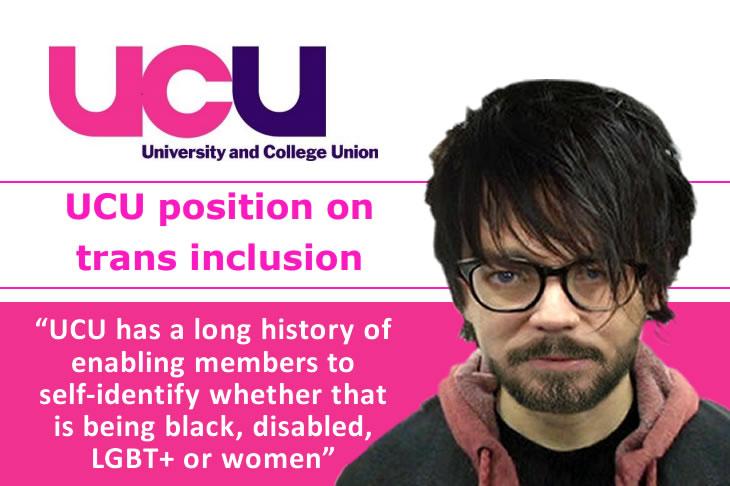
Since 2012 I have publicly identified as Wrongskin. To those ignorant of the term, this means I was born white but I identify as black. I’d kept my race dysphoria a secret for many years but it had become increasingly difficult to hide. Being the transcendental trailblazer I am, I decided to come out and challenge the bigotry of cisrace people. Predictably enough at the time, it was regarded as nonsensical and I was strongly ridiculed. Today however, transracial individuals are finally being ‘seen’.According to the UK’s Telegraph, the Universities and Colleges Union (a British trade…
Comments
Share
Text
Text Size
Small
Medium
Large
Line Spacing
Small
Normal
Large









